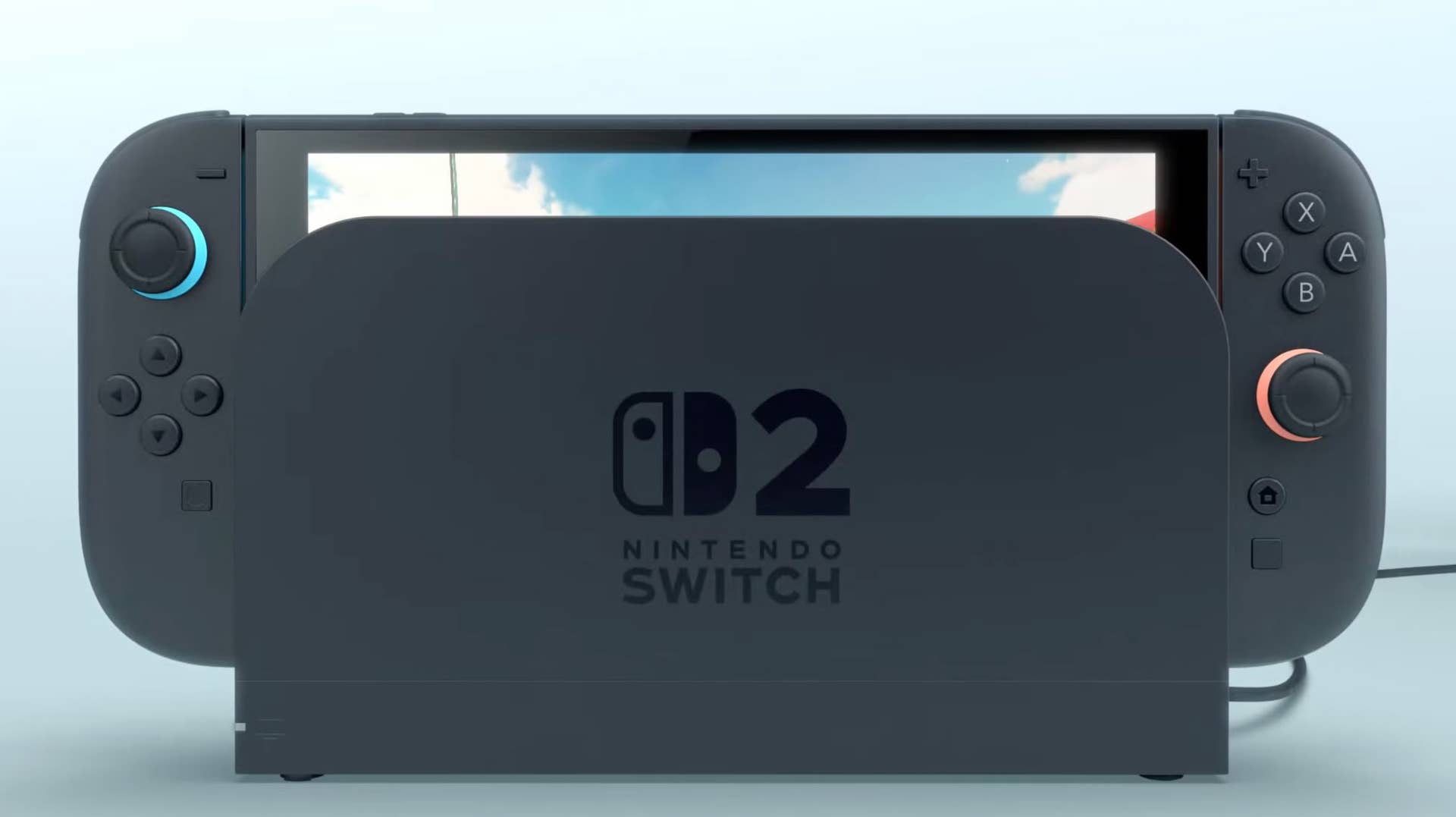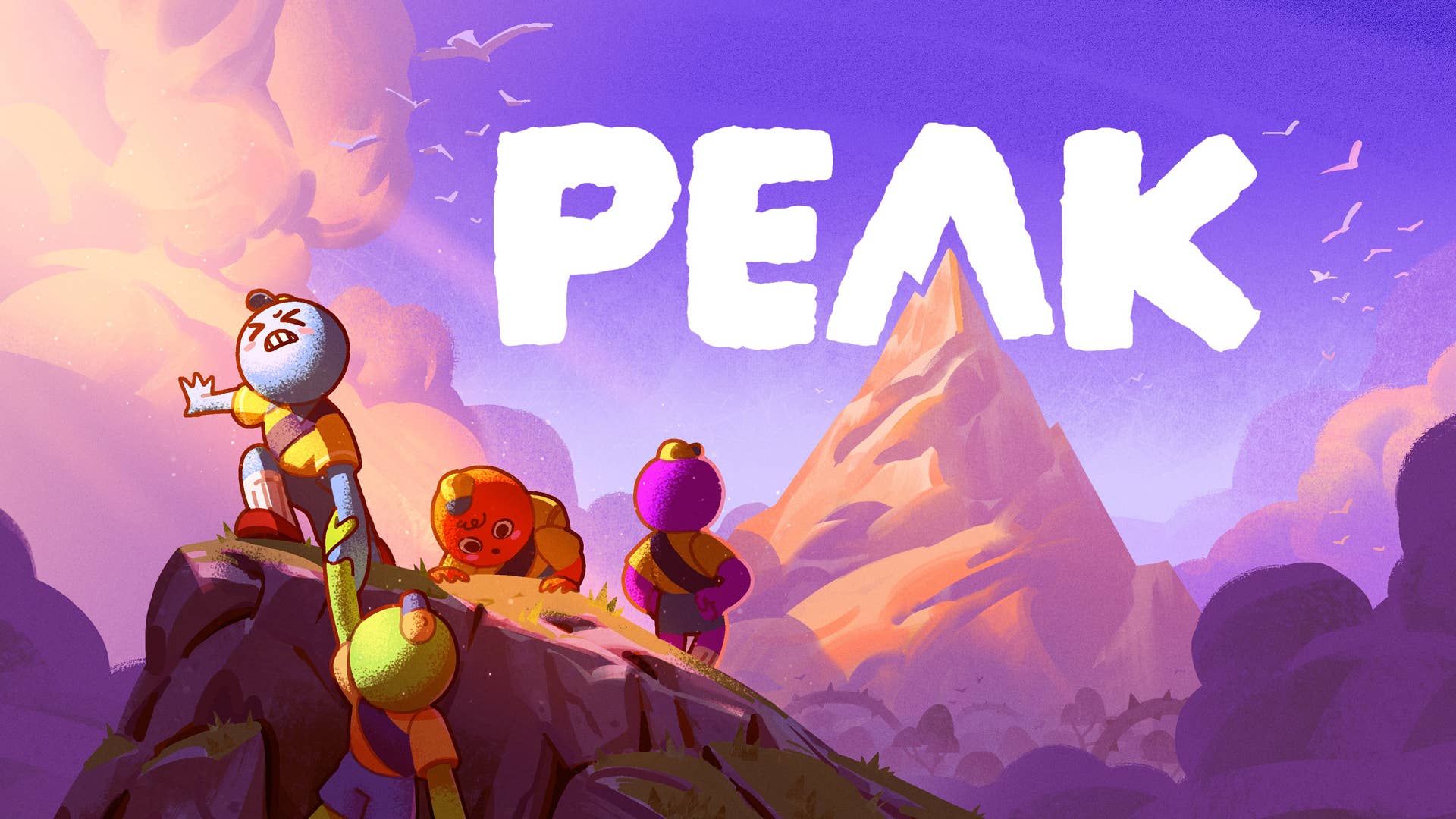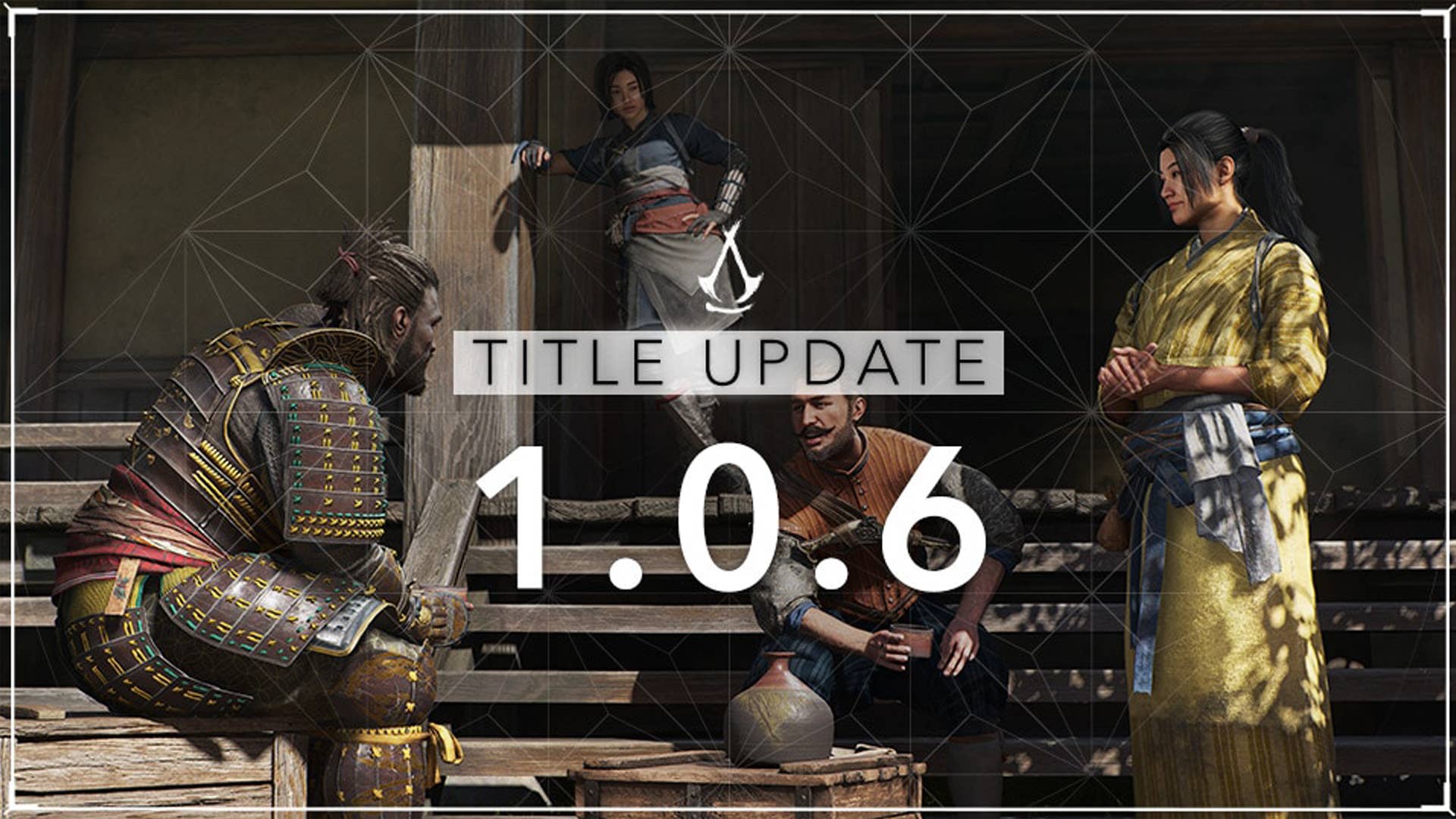How I Landed 20+ Conference Talks – and How You Can, Too
I’ve never been the loudest person in the room. In fact, the first time I submitted a conference talk, I hovered over the submit button for nearly an hour. I was convinced someone else had more experience, a better résumé, or more impressive GitHub s...

I’ve never been the loudest person in the room.
In fact, the first time I submitted a conference talk, I hovered over the submit button for nearly an hour. I was convinced someone else had more experience, a better résumé, or more impressive GitHub stars. But I submitted anyway. And to my surprise, it was accepted.
Since then, I’ve spoken at more than 20 conferences including API Conf Lagos, Indabax Nigeria, multiple DevFests, and Write the Docs Prague. Some of my talks include:
Leveraging Open Banking APIs for Innovation at API Conf Lagos
Optimizing Your JavaScript Code for Speed, Sailsconf AF 2024
Creating Documentation for the African Audience at Write the Docs Prague
Table of Contents
I have three more talks lined up for the second half of 2025.
Along the way, I have developed a system that works. Whether you’re preparing your first CFP or aiming for bigger events, here is how I approach it and what I’ve learned.

1. Don’t Wait Until You Feel Ready
If you want to submit conference talks, you’re going to have to overcome your hesitation and start where you are.
In 2022, I co-submitted a talk to Write the Docs Prague with my friend Benny Ifeanyi Iheagwara. The talk was titled “Creating Documentation for the African Audience.”
It focused on challenges like language diversity, cultural assumptions, and inconsistent internet access.
We weren’t sure a European audience would care. But we believed the message was important, so we submitted it.
It was accepted.
That session gave us a platform to discuss issues that affect millions of African developers and users. We delivered it virtually, and the feedback showed us how much it resonated.
What I learned was simple: you don’t need to be perfect. You just need to be useful and timely.
2. Where to Find Calls for Proposals (CFP)
This might seem obvious, but many people don’t know where to start. I find most of my CFPs through platforms like:
LinkedIn posts by organizers
Community Slack or Discord channels
Some CFPs are hidden in newsletters or tucked away on event websites. If there’s a conference you admire, follow it and check in regularly. Keep a calendar of deadlines. The earlier you plan, the better your submissions will be.
3. Start With a Story, Not Just a Topic
Craft a compelling narrative that resonates with audiences.
The organizers have requirements to meet. Figure out what they are looking for and build your story around it.
For example, here are some submission guidelines from a conference that outline what the conference organizers are expecting and looking for:

When I pitched “Leveraging Open Banking APIs for Innovation” to API Conf Lagos, I didn’t open with code. I started with the story of a Nigerian fintech startup struggling with outdated bank systems. That story gave the session weight.
The technical content mattered, but the narrative made it relatable.
Start by studying the Call for Proposals (CFP) carefully. Most CFPs will tell you the themes, skill levels, and audience types the event caters to. Look for phrasing like “we’re looking for real-world stories,” “new voices,” or “hands-on technical depth.” That language is a blueprint for what the organizers want.
Beyond that, look at previous years’ talks. What kind of speakers did they feature? Were the sessions deeply technical, more inspirational, or a mix?

Finally, don’t be afraid to reach out to the organizers directly. A quick message like, “Hey, I’m thinking of submitting something about open banking and fintech devs in West Africa – would that be a good fit?” can give you early feedback that steers your proposal in the right direction.
4. How to Write Strong Proposals That Get Noticed
Learn how to make your submission stand out.
A strong proposal does a few things well:
It starts with a clear, relevant problem
It explains why this topic matters now
It outlines what the talk will cover
It describes what attendees will gain
Here’s an example from my “Banking without Banks” talk that got accepted for a conference just this past May:

When you’re writing these proposalas, keep the 5 W questions (Who, What, Where, When, Why) plus the story in mind. It’s a clear and effective way to communicate the purpose and value of your talk.
1. Who is this talk for?
This talk is for developers, tech leads, and product managers building or exploring financial technology solutions. It is especially valuable for startups embedding financial services like payments, lending, or account insights into their applications. It’s also for anyone interested in API-driven innovation in emerging markets, with a particular focus on financial inclusion.
2. What is this talk about?
This talk explores how open banking APIs are creating new opportunities for innovation in financial services. It features practical strategies, technical demos, and real-world case studies that show how developers can build robust, secure, and user-centric applications – even in regions with infrastructure challenges.
3. Where is this knowledge coming from?
The talk is grounded in firsthand experience from working with fintech startups in Nigeria and across emerging markets. These insights are based on real projects, real companies, and real challenges – with live examples of how open banking APIs are already being used to solve meaningful problems.
4. When is this talk relevant?
Right now. In March 2023, the Central Bank of Nigeria (CBN) formally approved open banking regulations, making Nigeria the first African country with a legal framework for it. As more countries adopt similar regulations, the demand for embedded finance is growing. Developers must be prepared to navigate this rapidly evolving space.
5. Why Should People Care?
Open banking presents an unprecedented opportunity to unlock financial innovation. Also, brings technical, compliance, and design complexity. Developers must understand:
What the framework enables and limits
How to work with standardized APIs from banks and third parties
How to manage security, compliance, and user experience in sensitive financial applications
5. Tailor Your Proposal for Each Event
Even if I’m presenting similar material, I never use the same exact abstract twice. DevFest Ajah and Google I/O Extended Ibadan have different audiences and energy.
I always reframe the content to fit the event.
Show that you understand the community and what they care about. Event organizers notice when you’ve taken time to customize your submission.
6. How to Get Better at Giving a Presentation
Your first talk may be terrible. But it’s ok – with practice and effort, you’ll get better.
Want to improve your delivery? Here's a method that works for me:
Pick a great talk from a past conference – something close to your topic or style.
Download the transcript and slides, if they’re available.
Record yourself delivering that exact talk as if it were your own.
Compare: Watch your version next to the original. Notice what works and what doesn’t – pacing, tone, energy, clarity.
Share your recordings with friends and ask for feedback.
This kind of deliberate mimicry isn’t copying – you’re not sharing it publicly. It’s training. Just like athletes study match footage, great speakers study other speakers. Over time, you’ll develop your own rhythm, voice, and presence.
Presenting is a skill. And like any skill, it improves with practice, feedback, and repetition.
7. Keep Going After You Speak
Leverage each talk to grow your influence and connections.
Speaking at a conference is only the beginning. After each session, I usually:
Share my slides online. You can find mine on SpeakerDeck.
Post a recap on LinkedIn or Twitter
Thank the organizers publicly
Connect with attendees who reach out
This helps you build momentum and expand your network. After my TensorFlow talk at Indabax, I posted a follow-up summary. That single post led to an invitation to speak at another community event.
8. Expect Rejections — and Keep Submitting

Not every submission gets accepted. I’ve had proposals sit in “in evaluation” forever and never hear back. Some were outright rejected. My talk on using SVGs to visualize election data was one I believed in deeply. Still, it never made it into any lineup.

That’s normal.
Rejection is not a judgment of your worth. It doesn’t mean your idea is weak or your voice is not needed. Conferences have limited slots, and even strong proposals get turned down.
But here’s the truth:
If your talk was rejected, accept yourself anyway.















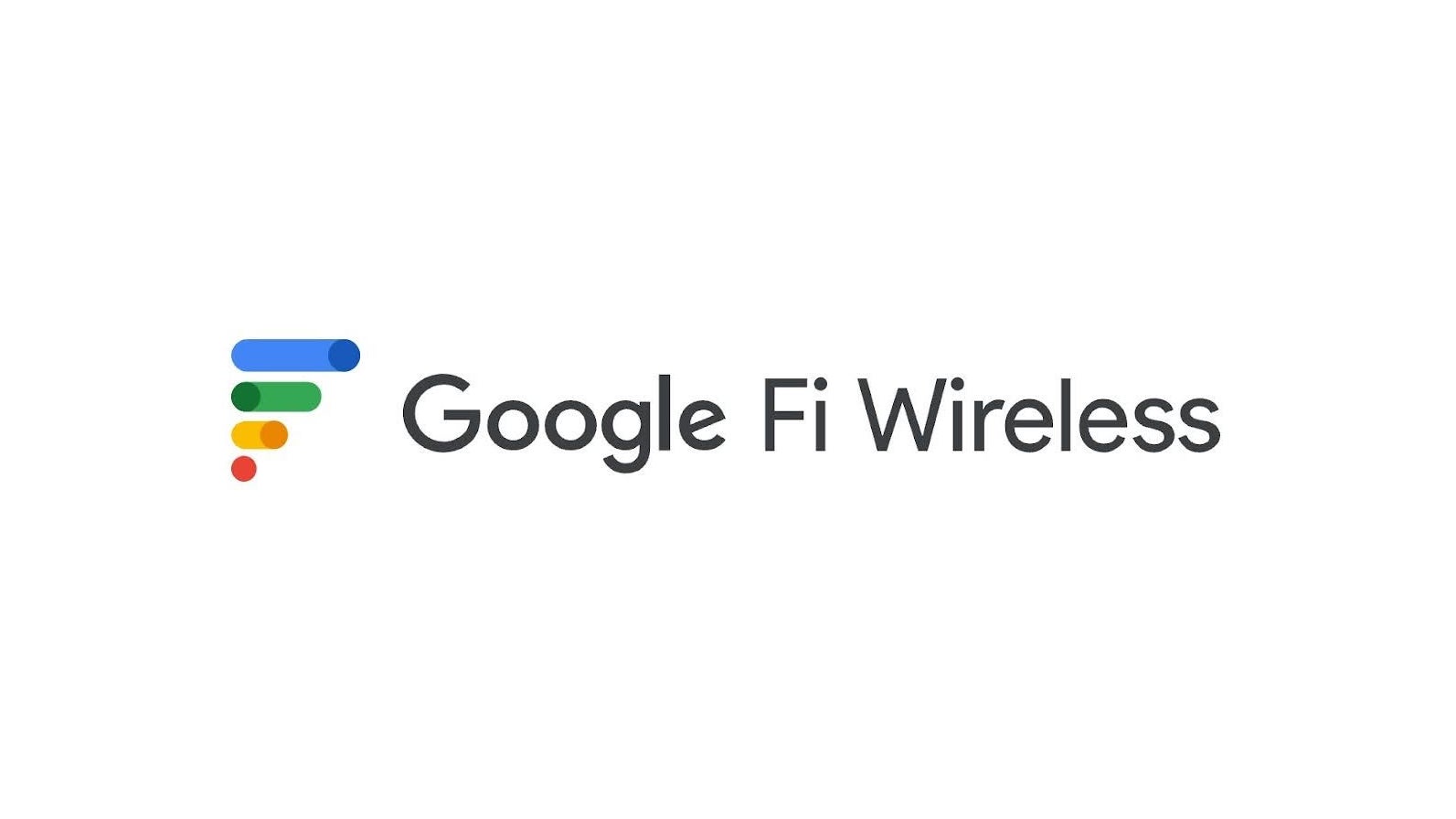
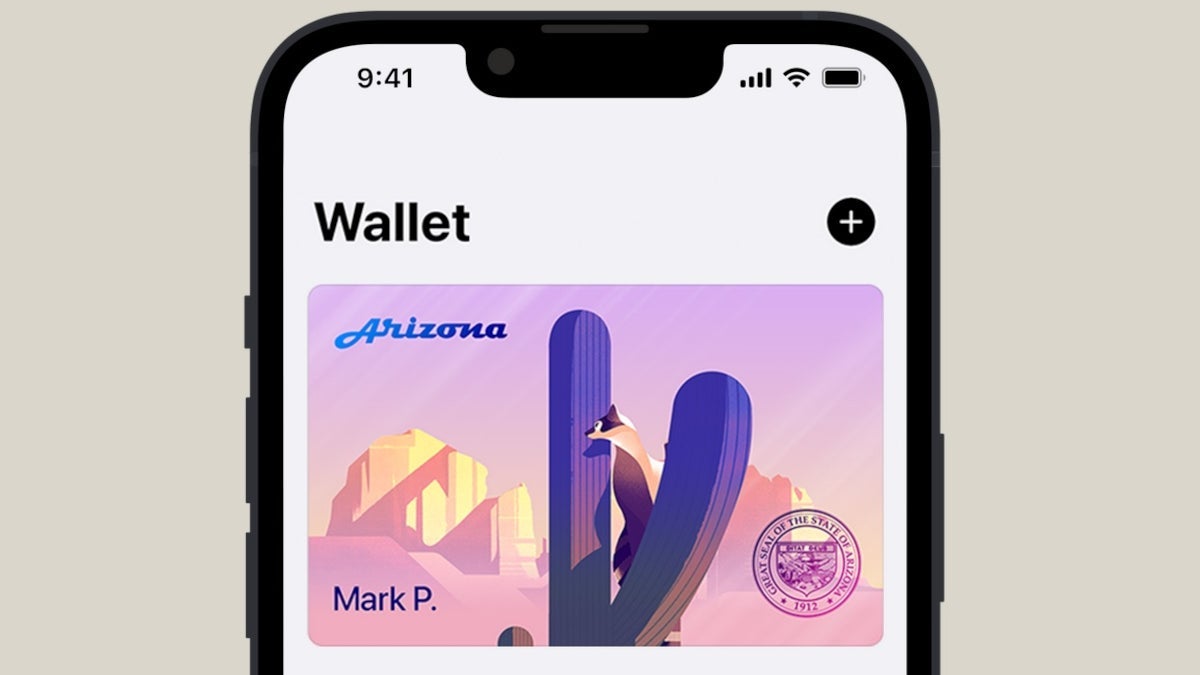





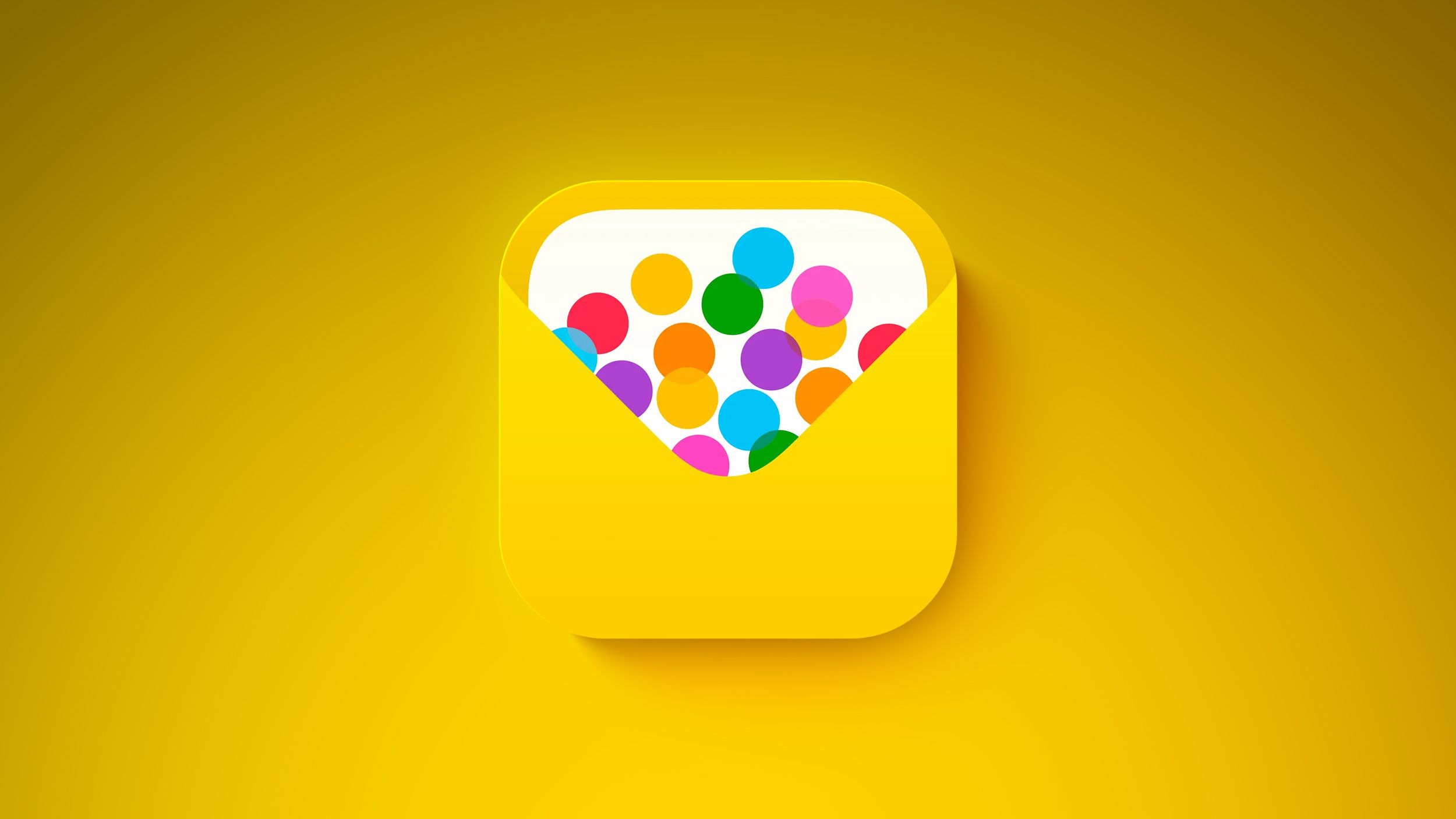














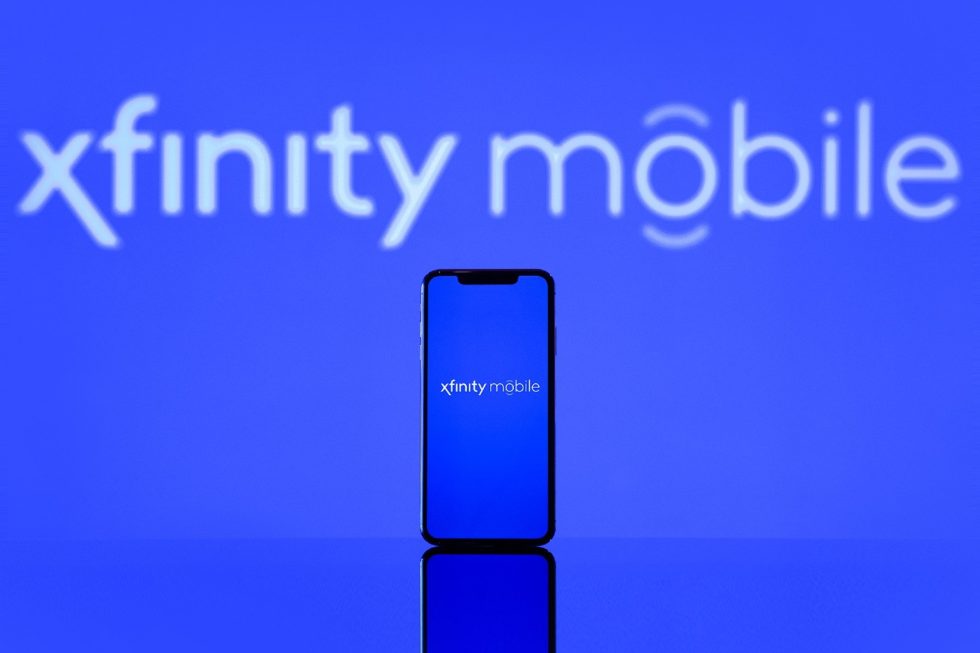
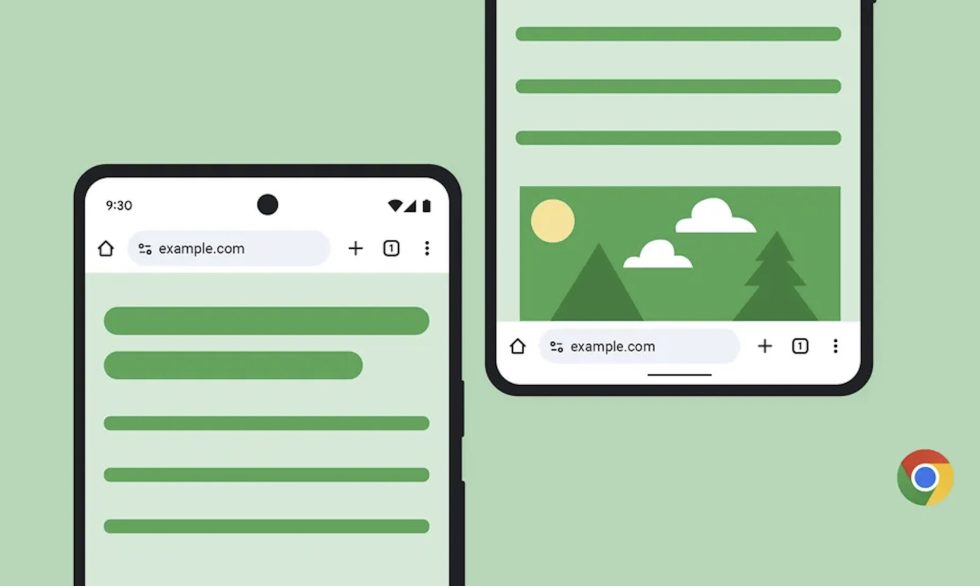
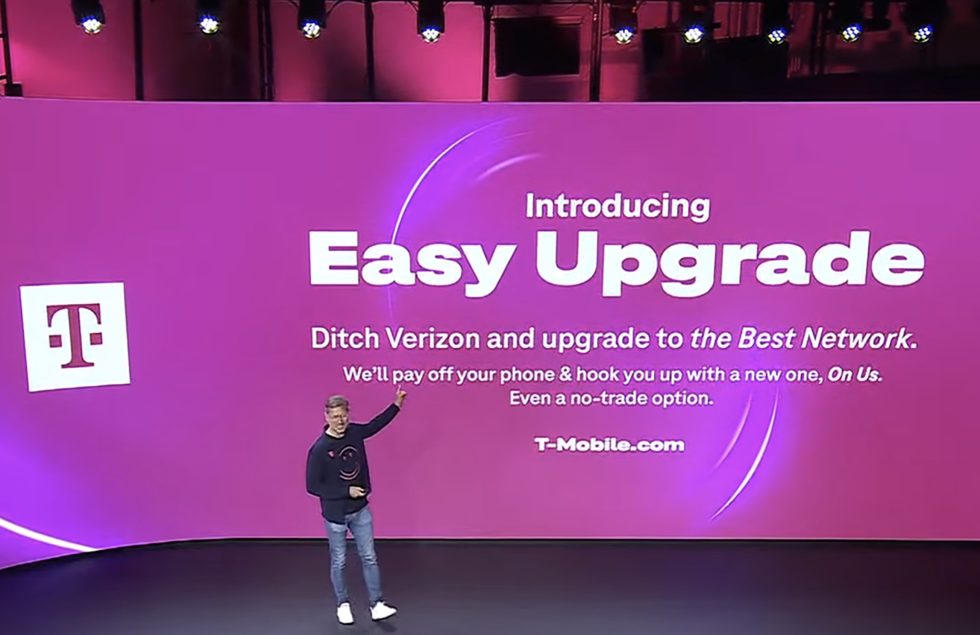
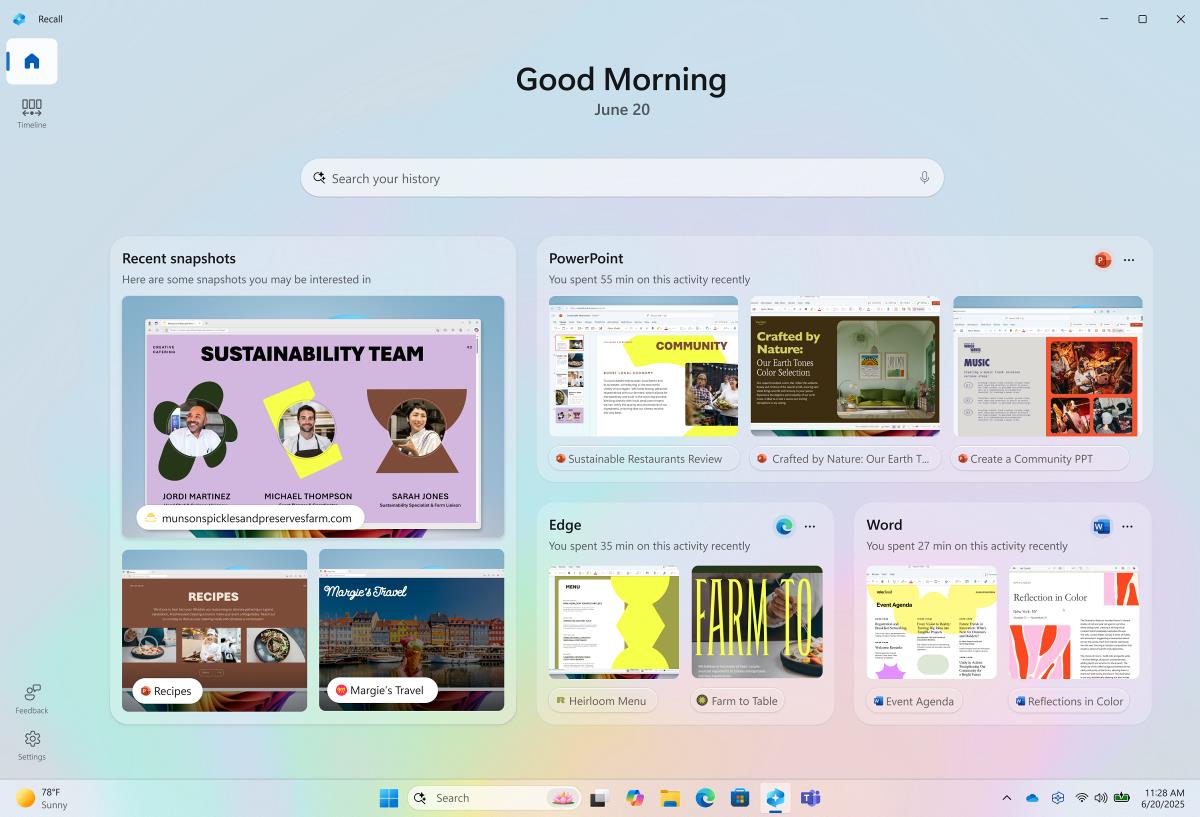
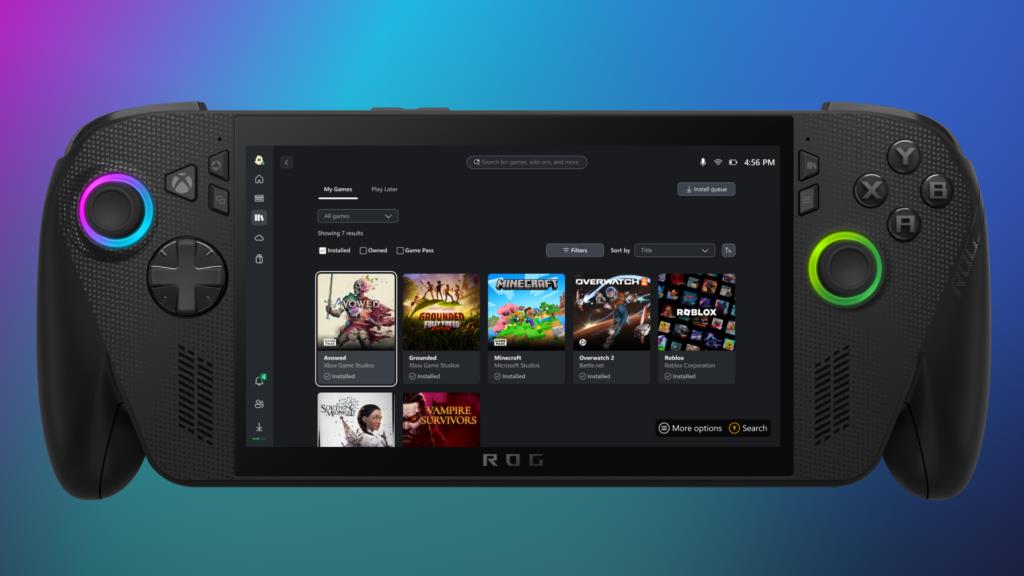

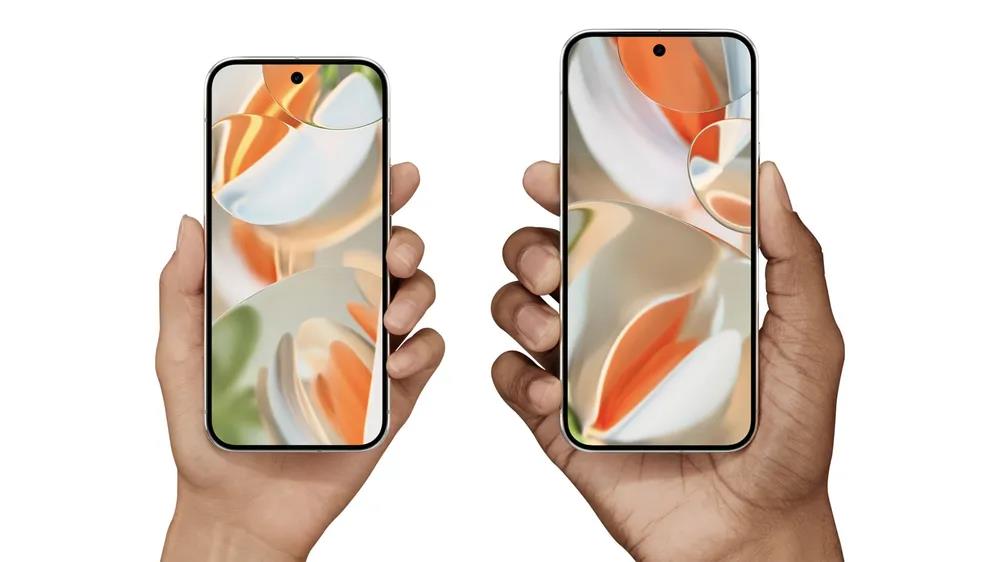




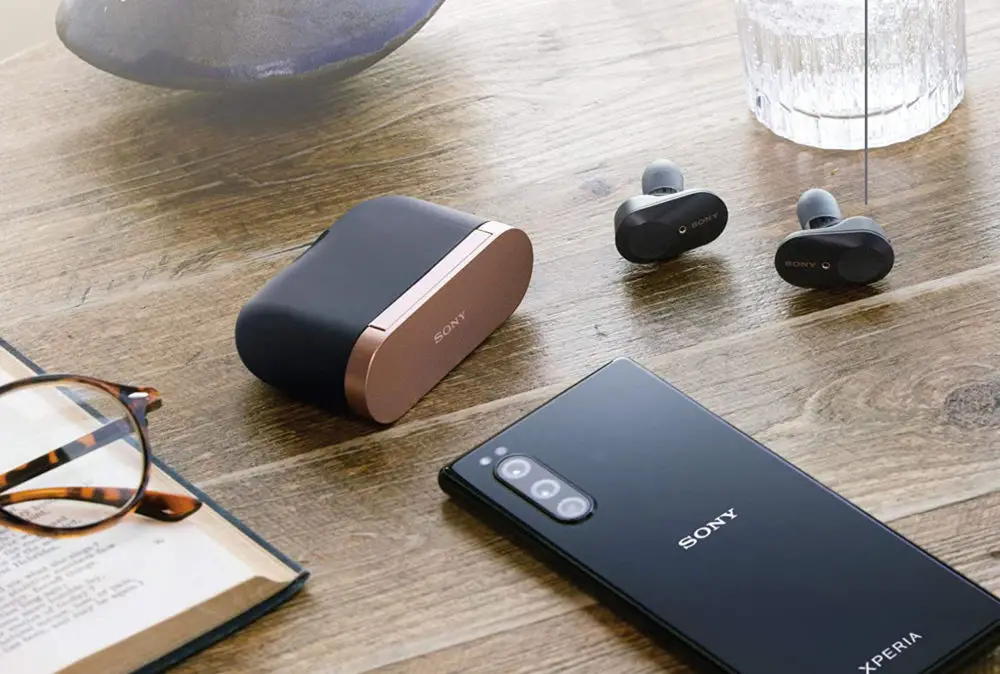









![Apple Releases New Beta Firmware for AirPods Pro 2 and AirPods 4 [8A293c]](https://www.iclarified.com/images/news/97704/97704/97704-640.jpg)













![Samsung teasing Galaxy Buds ‘Core’ ahead of launch later this week [Gallery]](https://i0.wp.com/9to5google.com/wp-content/uploads/sites/4/2023/10/samsung-galaxy-buds-fe-5.jpg?resize=1200%2C628&quality=82&strip=all&ssl=1)









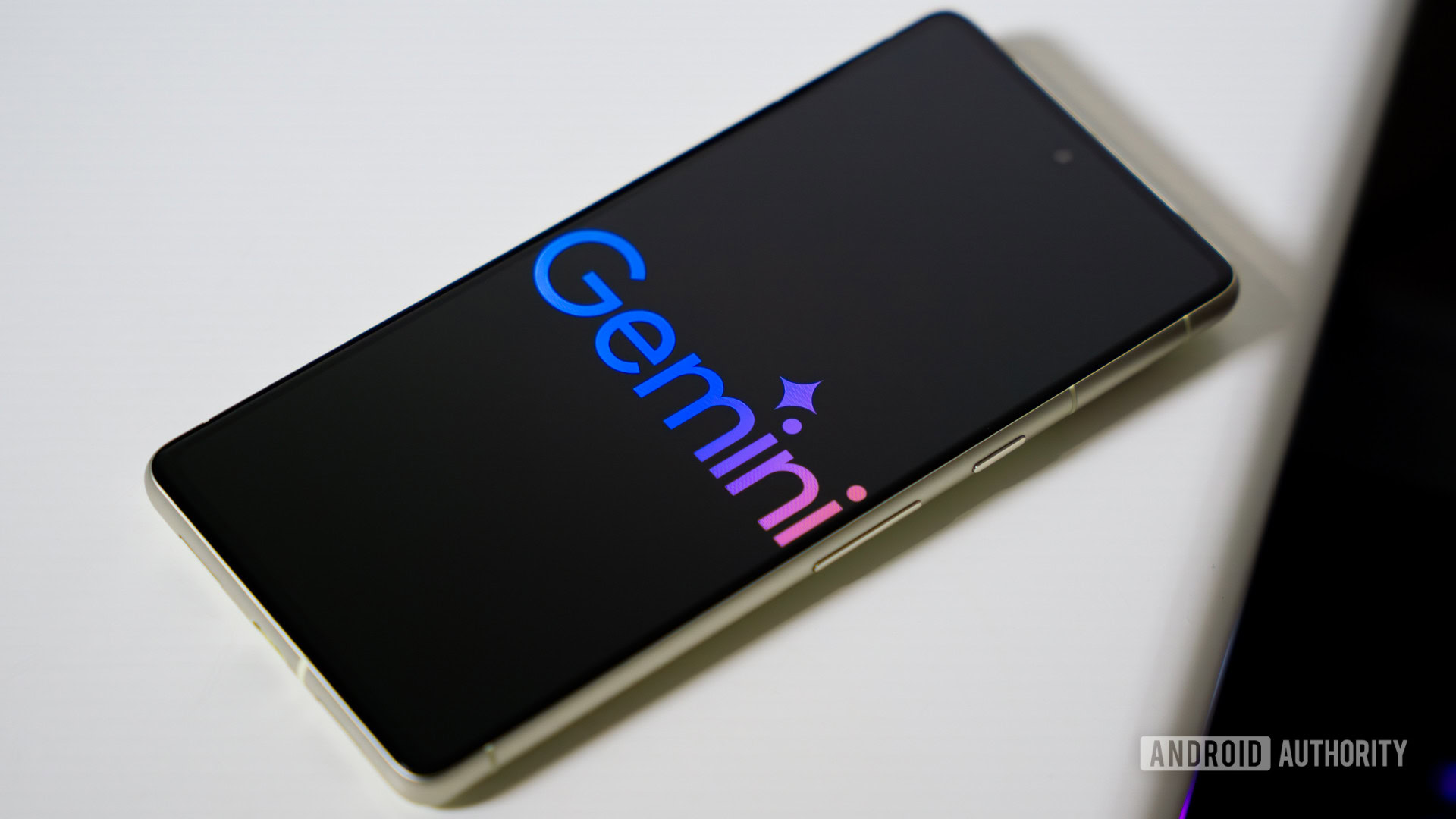




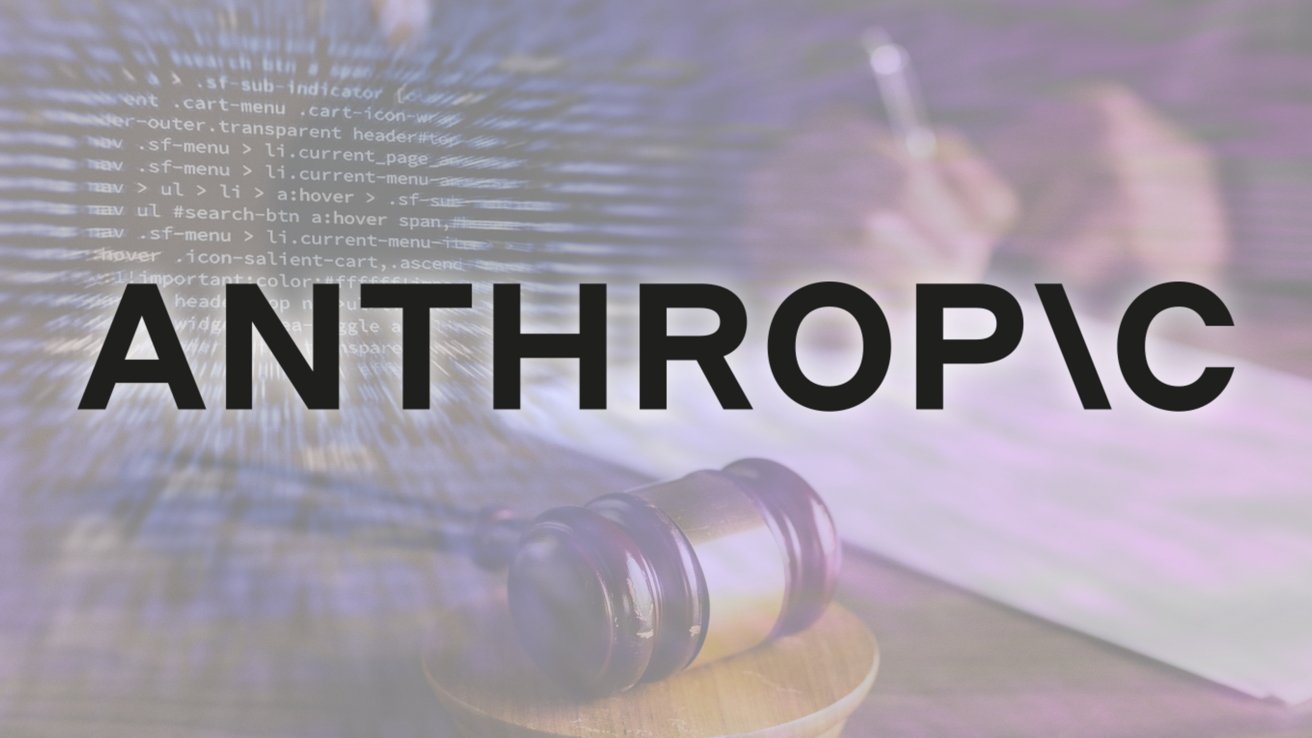
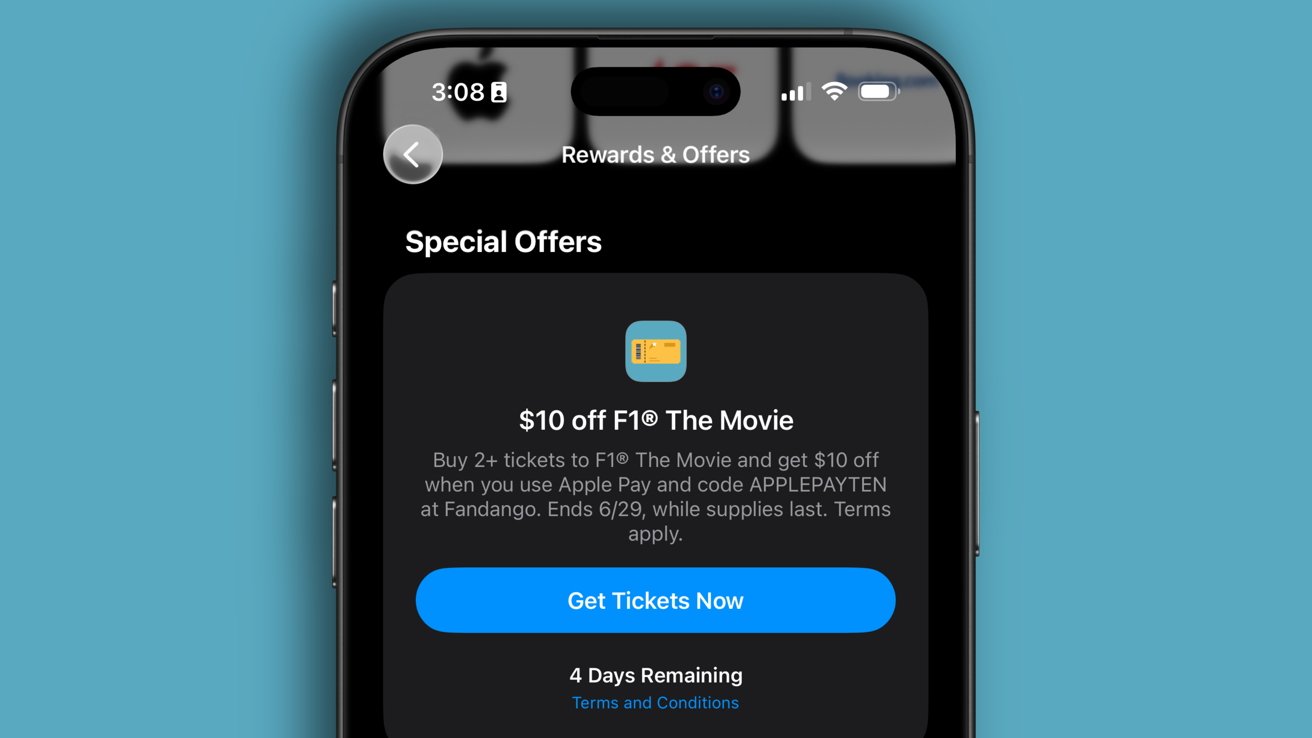
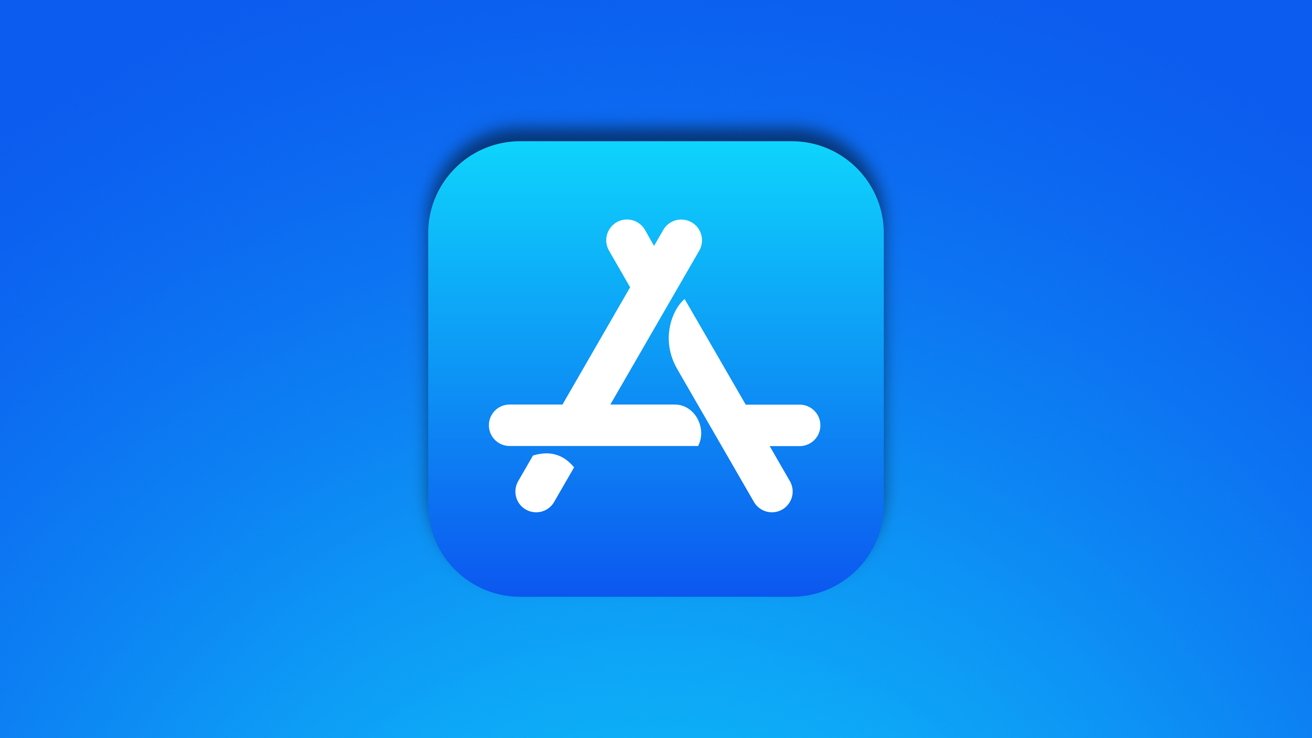









































































_ArtemisDiana_Alamy.jpg?width=1280&auto=webp&quality=80&disable=upscale#)
































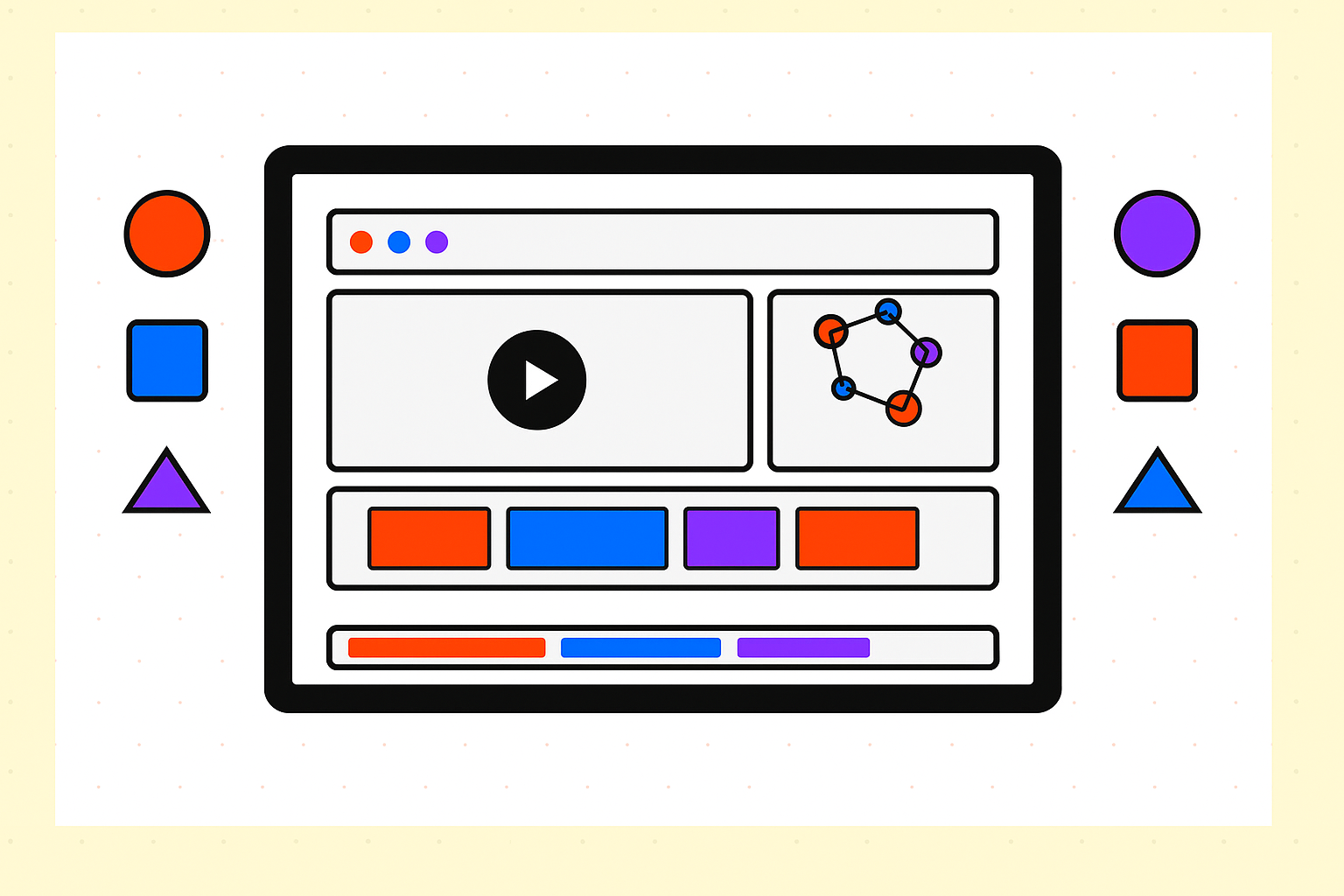






![[The AI Show Episode 155]: The New Jobs AI Will Create, Amazon CEO: AI Will Cut Jobs, Your Brain on ChatGPT, Possible OpenAI-Microsoft Breakup & Veo 3 IP Issues](https://www.marketingaiinstitute.com/hubfs/ep%20155%20cover.png)

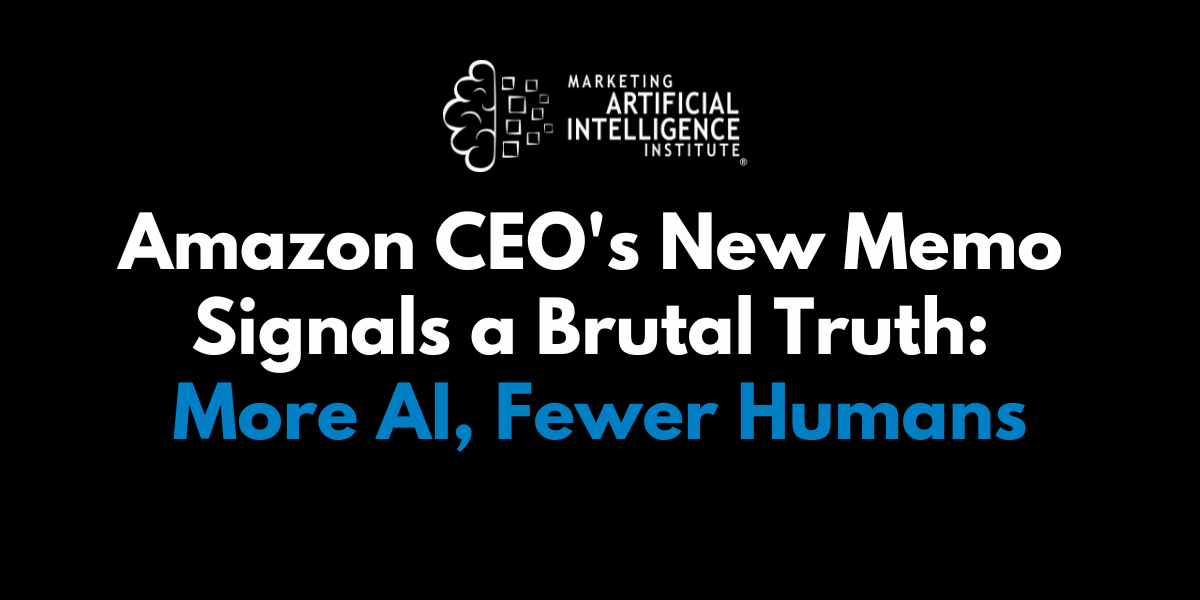


































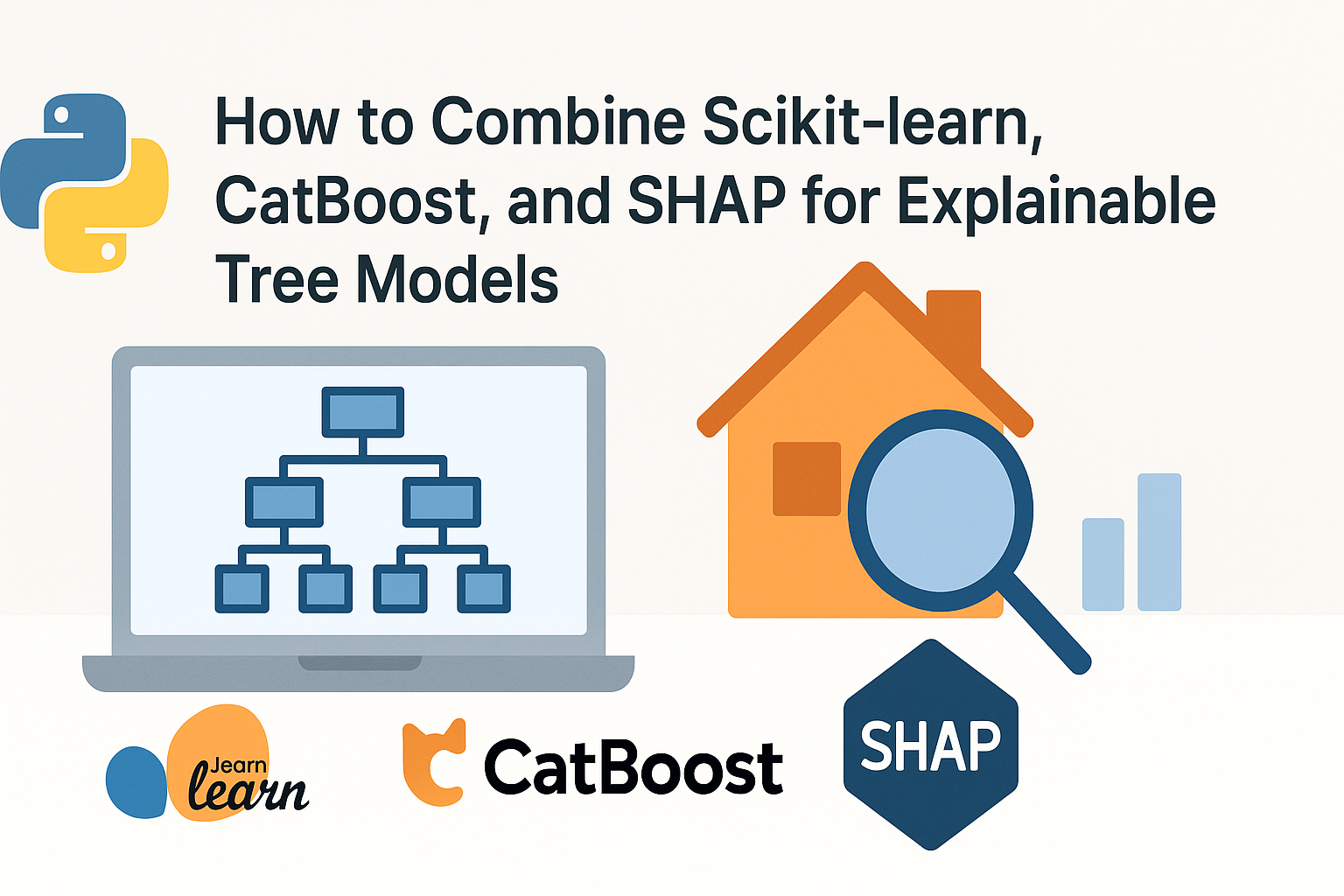












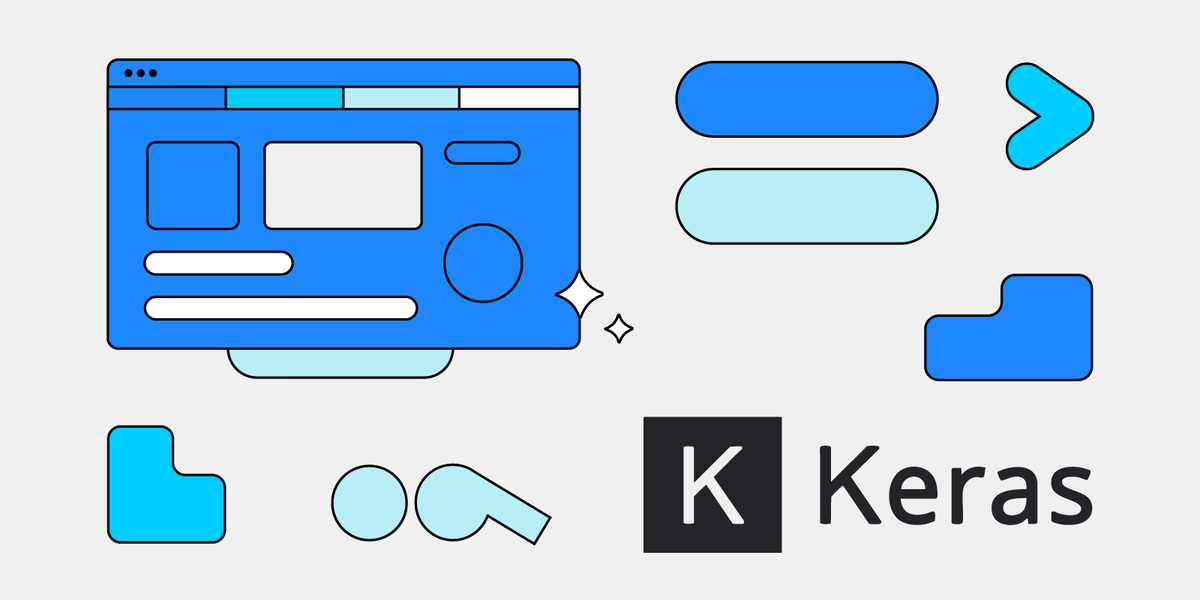
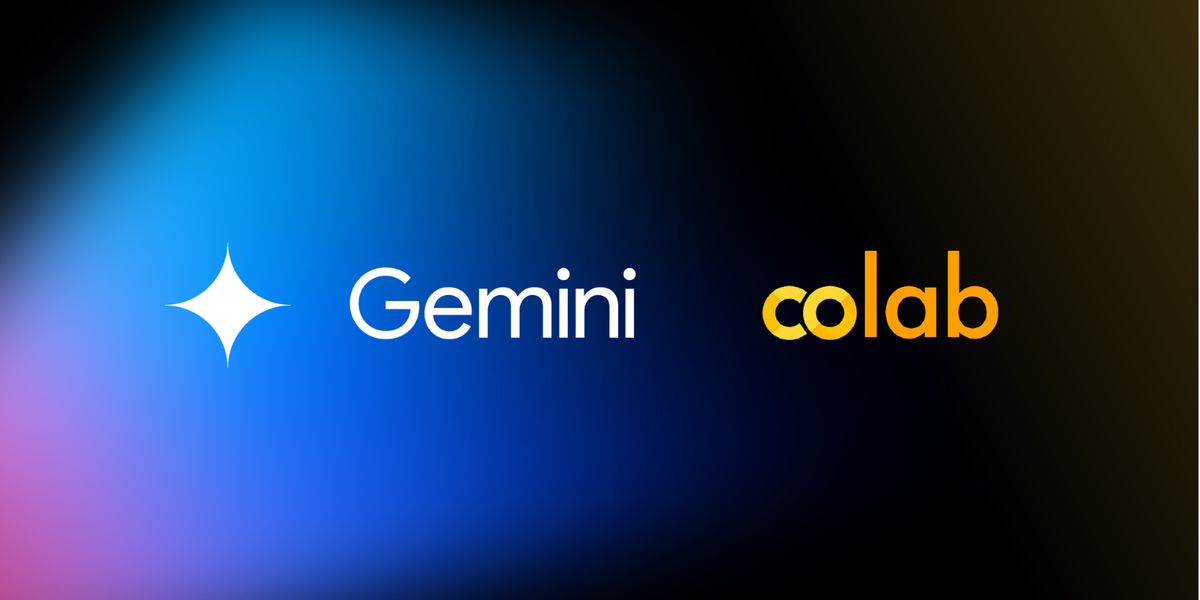





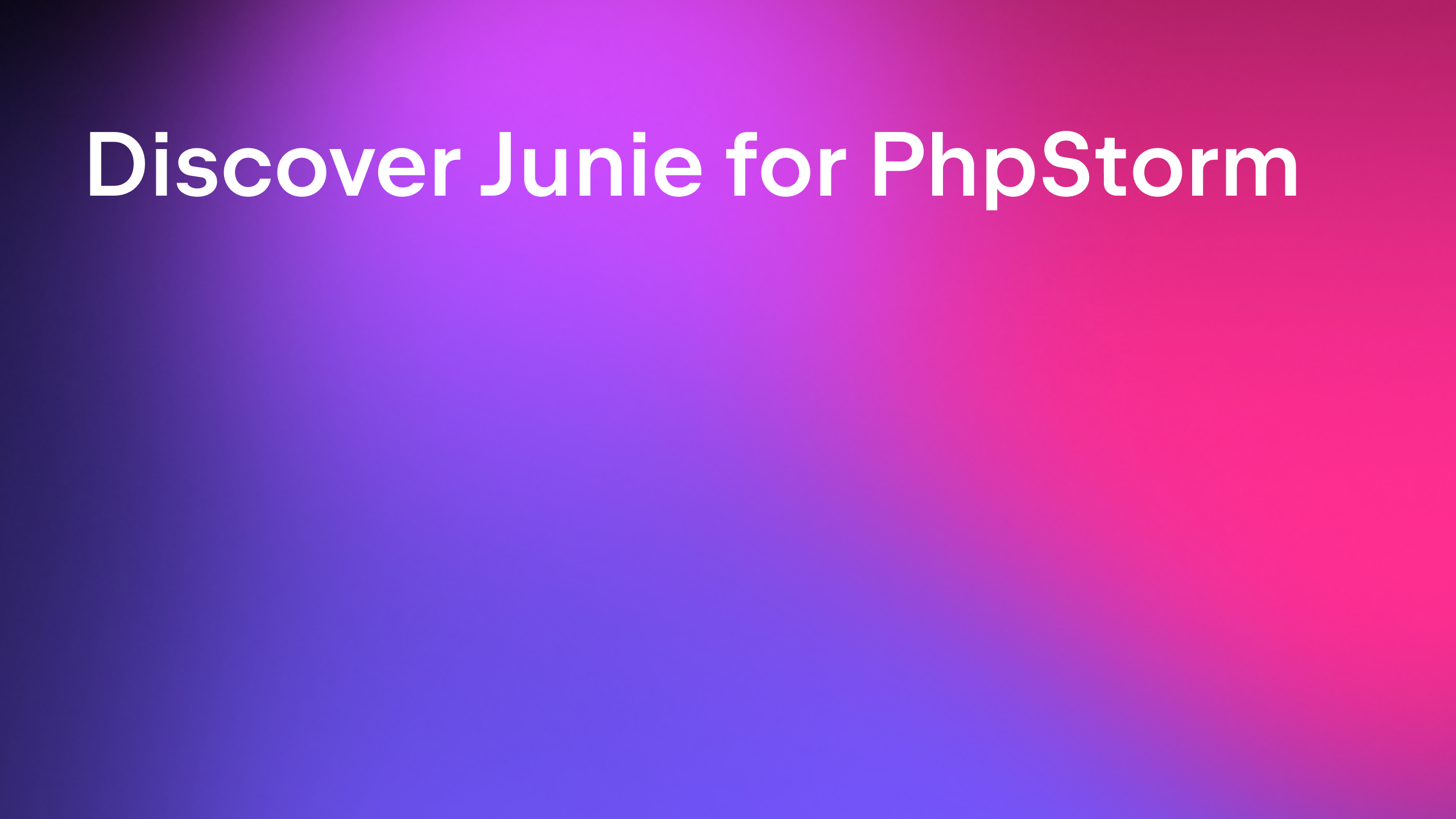























.png?width=1920&height=1920&fit=bounds&quality=70&format=jpg&auto=webp#)



